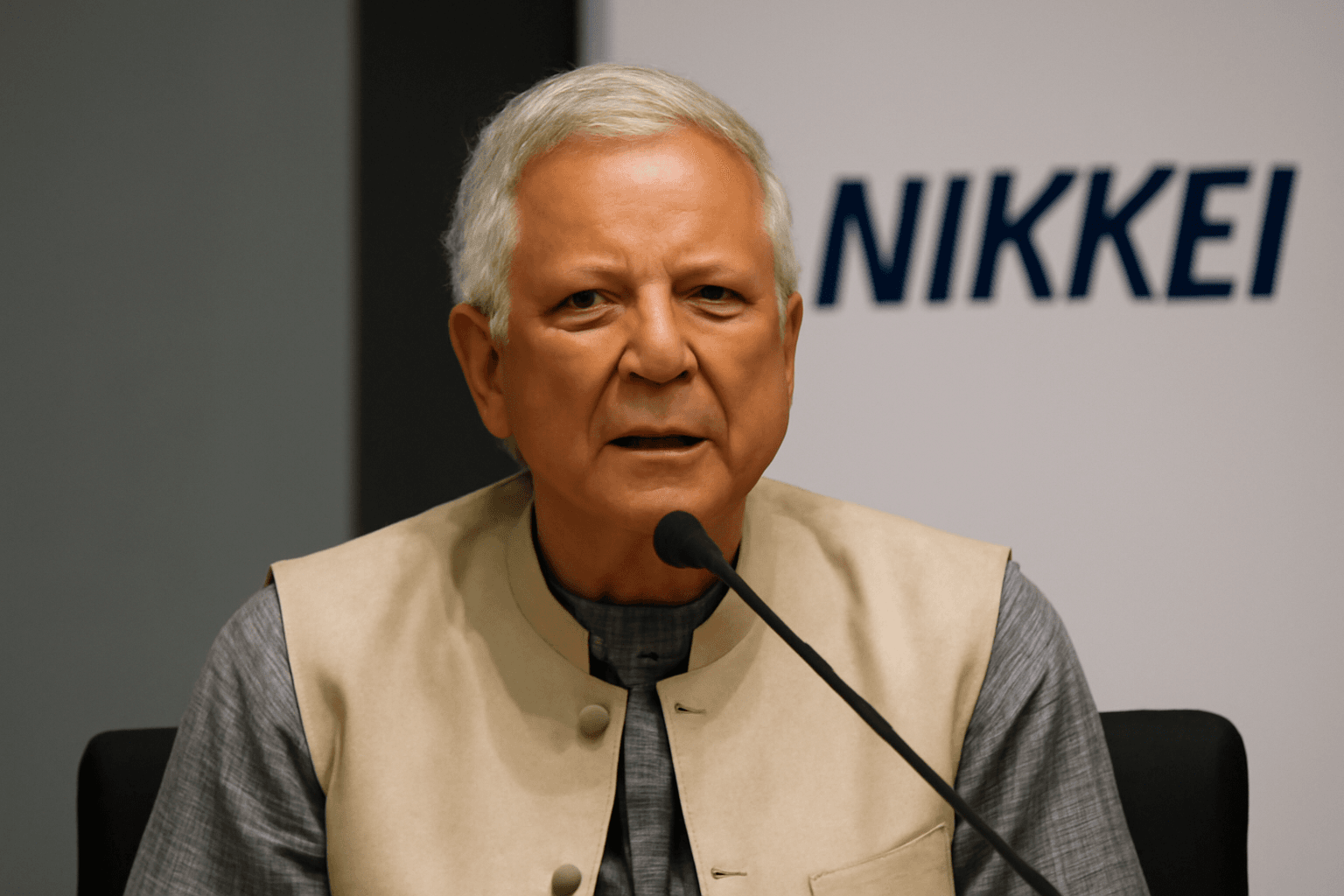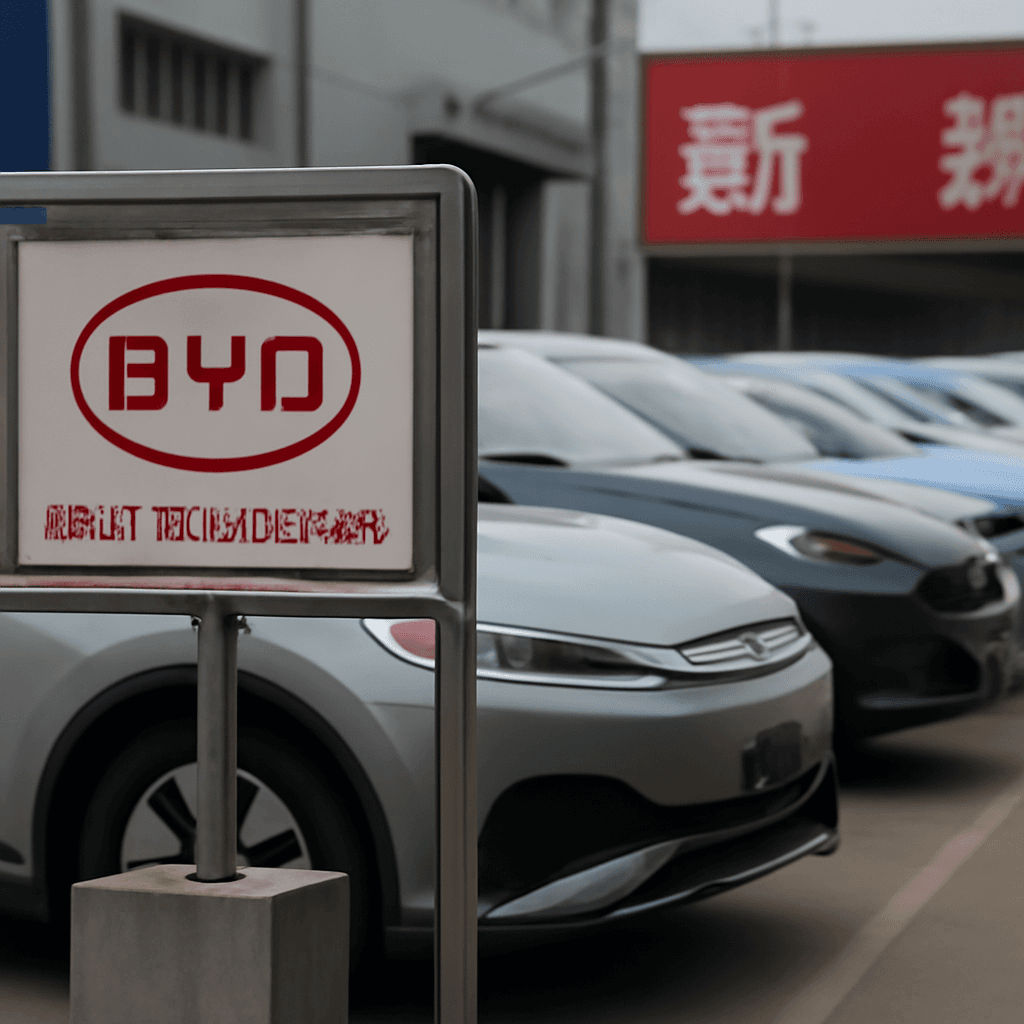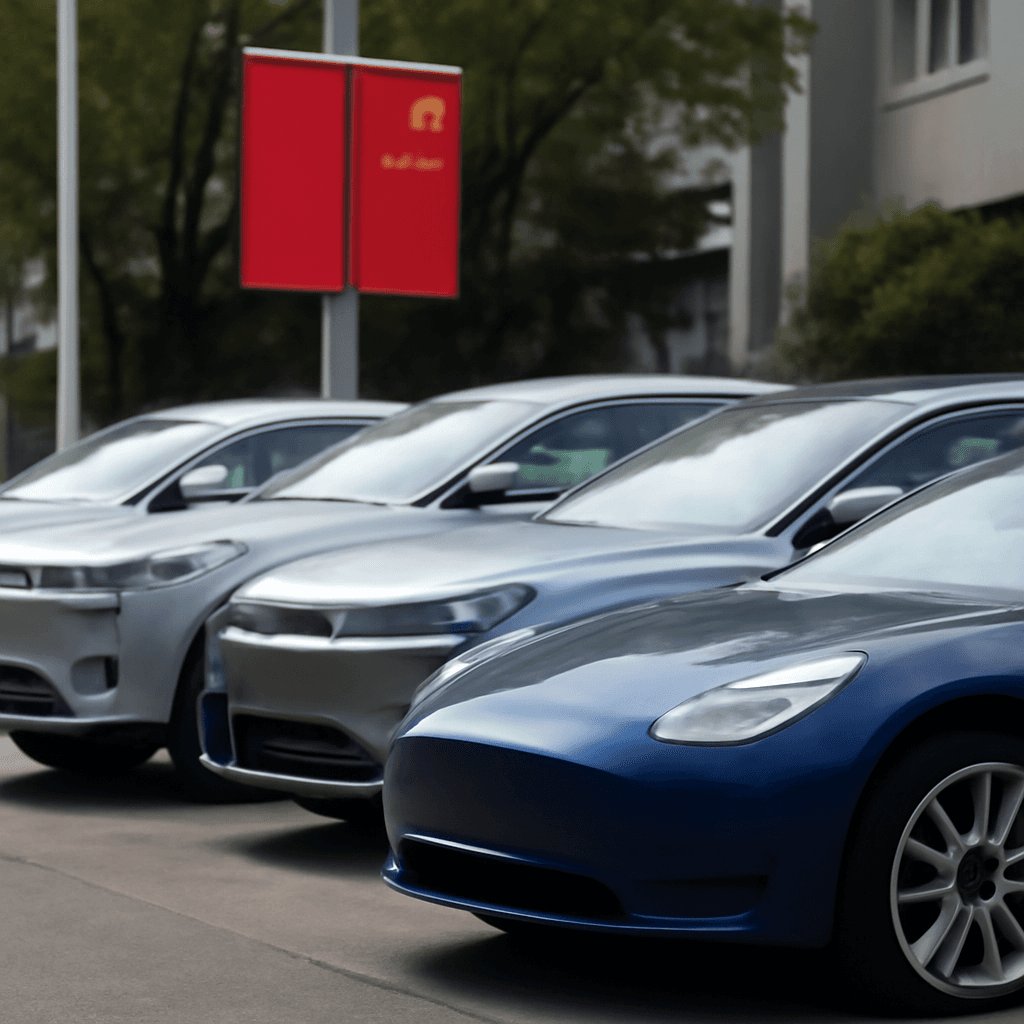Rio de Janeiro: Brazilian prosecutors have filed a lawsuit against Chinese electric vehicle manufacturer BYD and two contracting firms over allegations of human trafficking and slave labor at a construction site in Bahia, northeastern Brazil.
The case centers on the discovery in December of over 220 Chinese workers subjected to deplorable conditions while constructing BYD's largest electric vehicle plant outside Asia in Camacari. The regional Ministry of Labor (Ministério Público do Trabalho - MPT) reported that workers endured harsh environments, including sharing a single bathroom among 31 individuals and sleeping without mattresses.
Labor inspectors found visible signs of skin damage from prolonged sun exposure, raising concerns about excessive working hours. Investigations also revealed potential forced labor practices: workers’ passports were confiscated, illegal contract clauses restricted their rights, and up to 70% of their wages were withheld. Armed guards monitored the laborers on site.
Following public disclosure of these findings, BYD's Brazilian subsidiary terminated its contract with Jinjiang, the Chinese company responsible for work at the facility. Jinjiang has denied any involvement in slave labor practices.
Due to the companies’ refusal to accept a proposed Conduct Adjustment Agreement, the MPT initiated a civil suit seeking 257 million reais (approximately $45.3 million) in collective moral damages, along with individual compensation for each affected worker. The lawsuit names BYD, Jinjiang, and Tonghe Intelligent Equipment (now Tecmonta) as defendants.
In response, China's Foreign Ministry spokeswoman Mao Ning emphasized Beijing's commitment to protecting workers' rights and requiring Chinese firms abroad to comply with all applicable laws and regulations.
As of this report, BYD has not issued a public statement regarding the lawsuit.



















